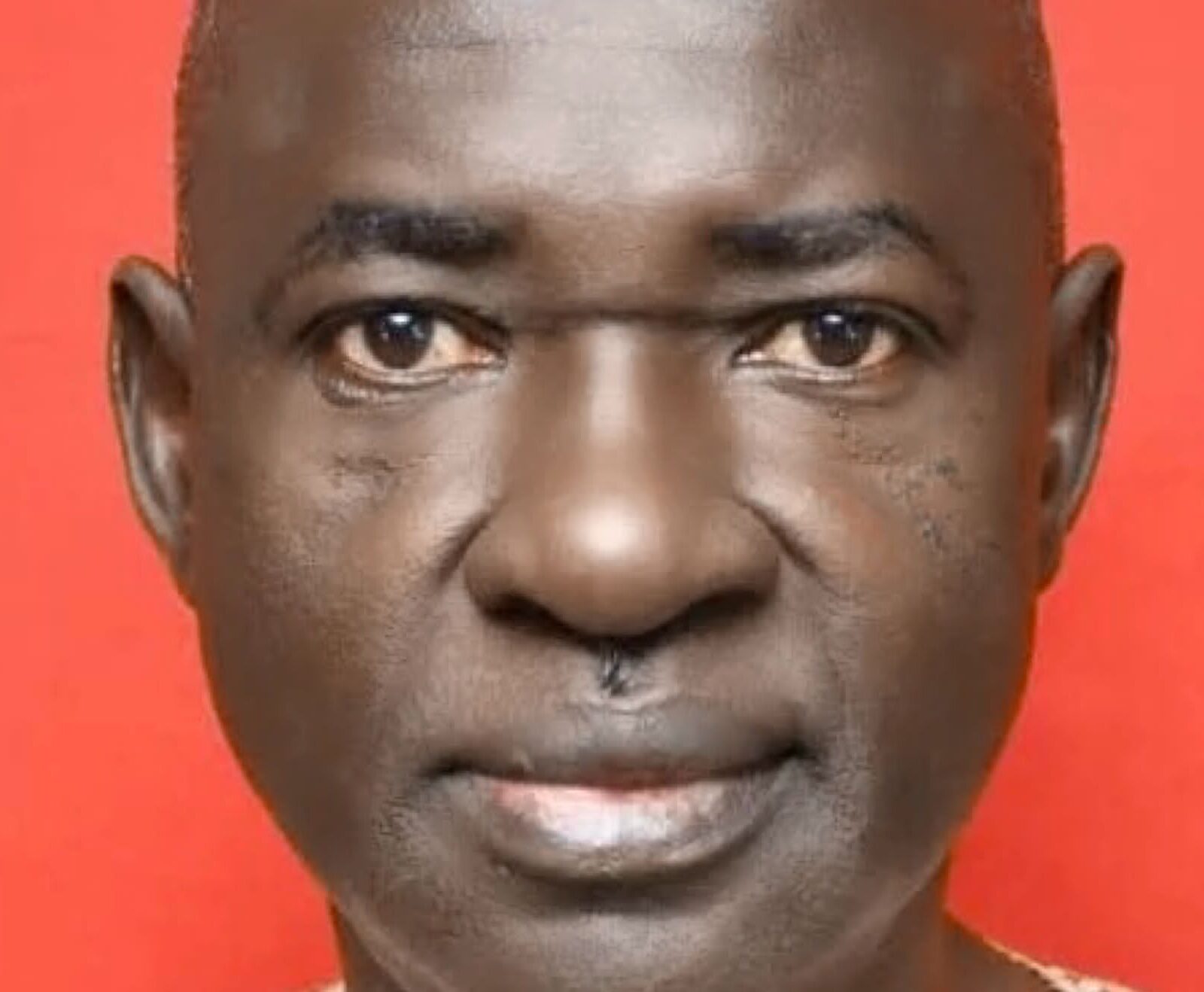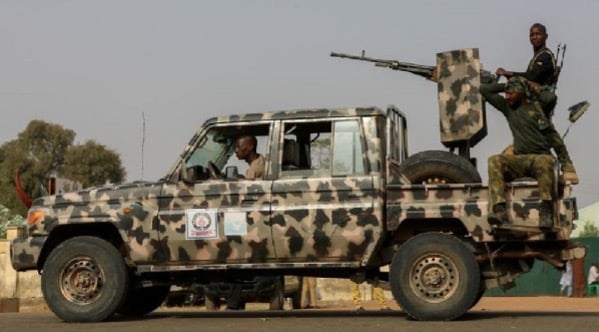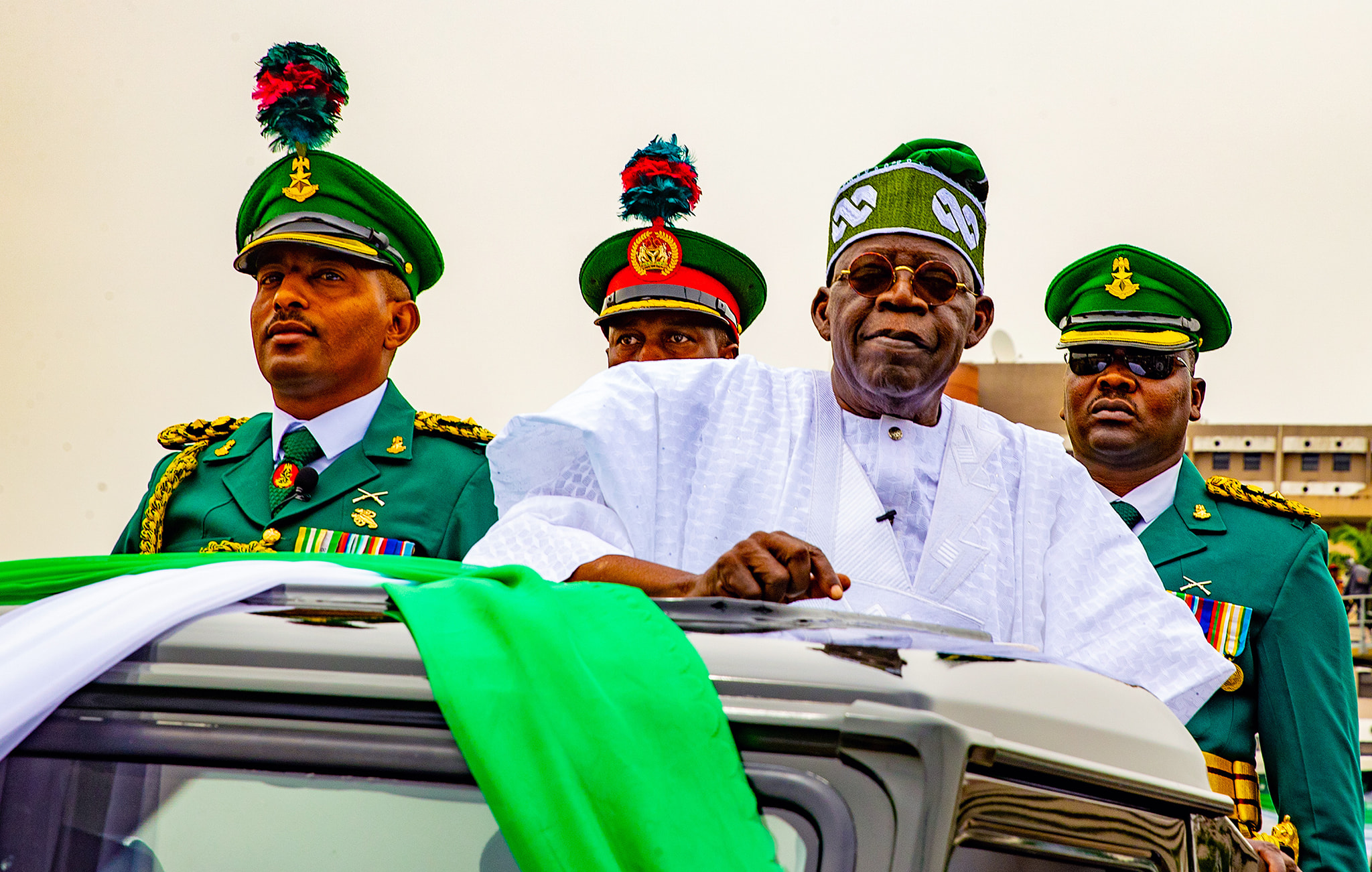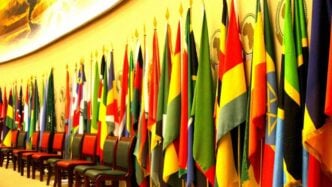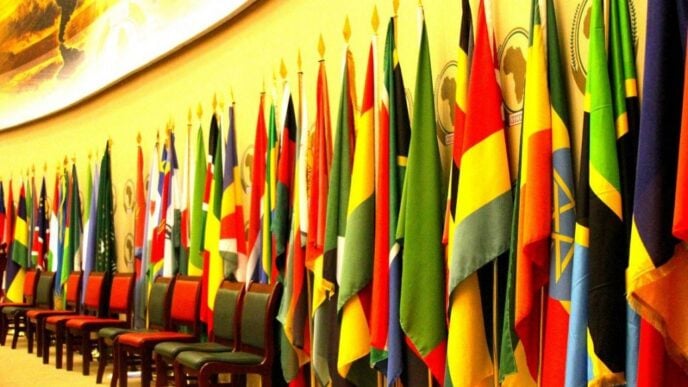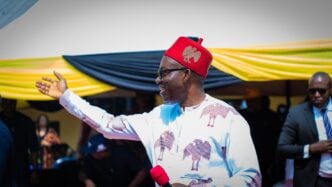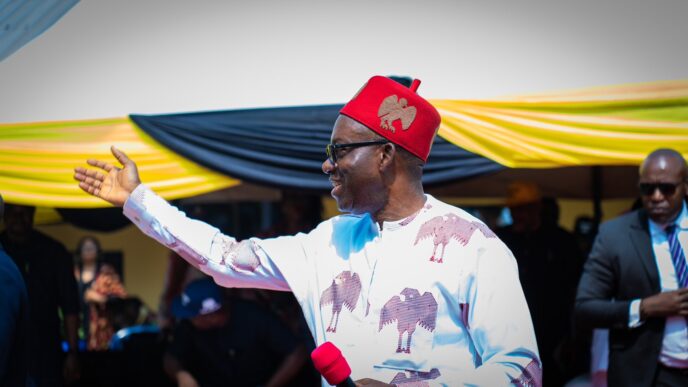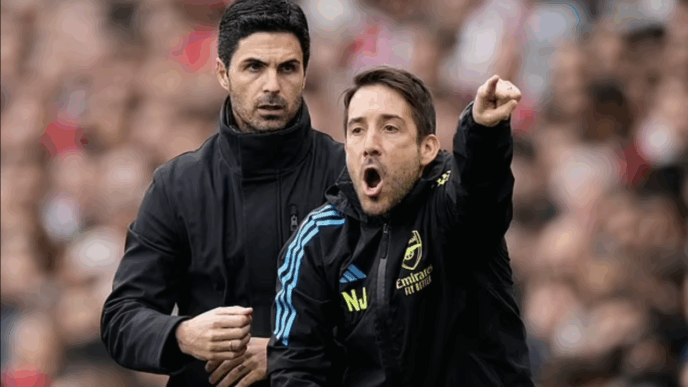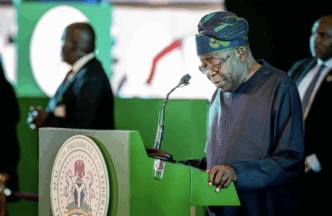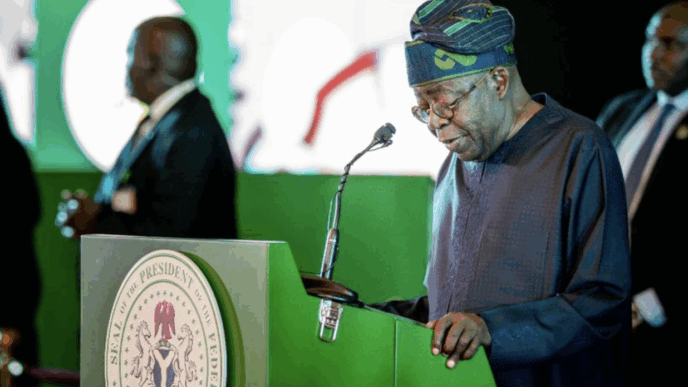A military truck at a checkpoint in Abuja
Dateline: April 22, 1990; Lagos, Nigeria. It was a Sunday. I left my house in Ojodu early in the morning for my church somewhere Off Oba Akran Avenue, Ikeja. I decided to have a brief stopover at my friend’s residence in Ipodo. There, I joined a small crowd gathered around a transistor radio listening to the commanding voice of Major Gideon Orkar making his ill-fated coup announcement. Many aspects of that speech, particularly the summary dismemberment of the country that would have seen off states in the far north from the rest parts, instantly played up in my mind as harbingers of a doomed project.
The planners of that attempt at power change had probably convinced themselves that they were more Nigerian than the millions of their fellow compatriots they were seeking to excommunicate from the federation. They also most likely assumed that Nigerians, especially southerners and middle belters, had become sufficiently disenchanted with the regime of General Ibrahim Babangida that they would simply troop to the streets in celebration of their self-appointed saviours. I told whoever around me cared to listen – right in the midst of the tension and precariousness which had gripped the entire nation before the denouement – that the gamble would surely go up in smoke.
Orkar’s was indeed a broadcast like no other before it. The sheer arrogance, bravado, misjudgement, juvenility – with some touch of silliness – displayed by the coup plotters made the officers and men who countered their action even more confident of victory from the start. The odds weighed heavily against the adventurists, both from within their own constituency and among the civilian population. There were many experienced military men at the time who had participated in and witnessed the incursion of soldiers into the nation’s political leadership right from that of Lt. Col. Chukwuma Kaduna Nzeogwu’s gang in January 1966 which scuttled the First Republic. With such persons under Babangida’s command and the failure of the anticipated popular uprising, the putschists stood no chance. Posterity will portray them as examples of prosecutors and victims of high-stake opportunism which is a key underlying factor of military in politics.
Fast forward October 2025. Just when the people of Nigeria appear to have forgotten the idea of “khaki boys” shooting their way to the seat of government, it has sneaked back into national reckoning via an online news story. It didn’t seem like something to be wished away without some explanation. And the top military hierarchy did just that. Its statement in part: “Democracy is forever. The DHQ urges members of the public to disregard the falsehood being circulated by the purveyors of misinformation and enemies of our nation. The Armed Forces of Nigeria (AFN) remains firmly loyal to the Constitution and the federal government under the leadership of the Commander-in-Chief of the Armed Forces, President Bola Ahmed Tinubu, GCFR.”
Advertisement
Expertly-crafted, restrained and bold like the noble profession of soldiering. Only that public communication isn’t always straightforward and easily acceptable to the target audience(s). Whole bodies of studies have been undertaken to fathom the impact of rumours on information dissemination. There is a consensus that when the subject matter is either juicy or sensitive, interested parties would do well not to expect miracles in its resolution. The wild energies of this internet-driven era have complicated what should ordinarily be an honest clarification from the country’s security architecture to a curious or apprehensive citizenry.
The news report that ignited the rumour mills had two major alibis for deeming the alleged threat to Tinubu’s office credible. One, the cancellation of some activities earlier lined up in commemoration of Nigeria’s 65th Independence Anniversary. Two, the arrest of some officers in connection with what was described by the authorities as professional misconduct. The first reason shouldn’t have been given much thought. After all, successive administrations have serially undermined the status of October 1 in the country’s political history by organising low-key celebrations, hiding behind various pretexts.
The logic employed by the military in its efforts to explain the shift of the Independence Day events hasn’t also helped the situation. It’s not convincing. So, is there any coverup? There shouldn’t be. The federal government and military should do whatever they can to calm the minds and hearts of the citizens. The people have suffered enough. Many of them have memories of uniformed personnel bulldozing their way onto the nation’s driver’s seat. Major General Johnson Aguiyi-Ironsi who became head of state after Nzeogwu’s murderous plot had his rule and life truncated that same year in July. General Yakubu Gowon’s time ended in 1975 in a bloodless move. General Murtala Mohammed, his successor, wasn’t that lucky as he was assassinated the following year. General Olusegun Obasanjo then took the baton and successfully midwifed the Second Republic in 1979.
Advertisement
Then, “I, Brigadier Sani Abacha of the Nigerian Army, on behalf of the Nigerian Armed forces…” put a nail to the coffin of democracy, yet again, in December 1983. Major General Muhammadu Buhari who assumed the number one position was in 1985 also swept out through another declaration, “I, Brigadier Joshua Dogonyaro of the Nigerian Army…” It was Babangida’s turn to lead. And, later in 1993, Abacha’s. But for death that overpowered him in 1998, he would have transmuted into a civilian president. General Abdulsalami Abubakar who then picked the mantle appeared glad to usher in the current Fourth Republic in 1999.
Yes, it’s becoming apparent that Nigerians are stuck with the present crop of politicians, most of whom cannot swear with ‘akpabana’ ‘sango’, ‘orumila’, ‘sopona’, ‘otemute’, ‘tuluwe’ and ‘tonlo’ to demonstrate their willingness to serve the people creditably. Instead, they prefer to take their oaths of office with the Bible or Quran because the God declared by these books is merciful. They have substantially messed up the ideals of democratic governance, arguably the world’s best form of government at least in theory.
True, most people can’t tell with certainty where help would come from. Even then, without prejudice to the veracity of the coup allegation, soldiers should just stay in their barracks and cantonments. They should leave Nigerians alone to grapple with the sad legacies of the prolonged and intermittent militarisation of the political space. Any day they become truly fed up with being taken for granted by their leaders, they will seize the moment and take ownership of their beleaguered country and endangered destinies.
Ekpe, PhD, is a member of THISDAY Editorial Board
Advertisement
Views expressed by contributors are strictly personal and not of TheCable.
